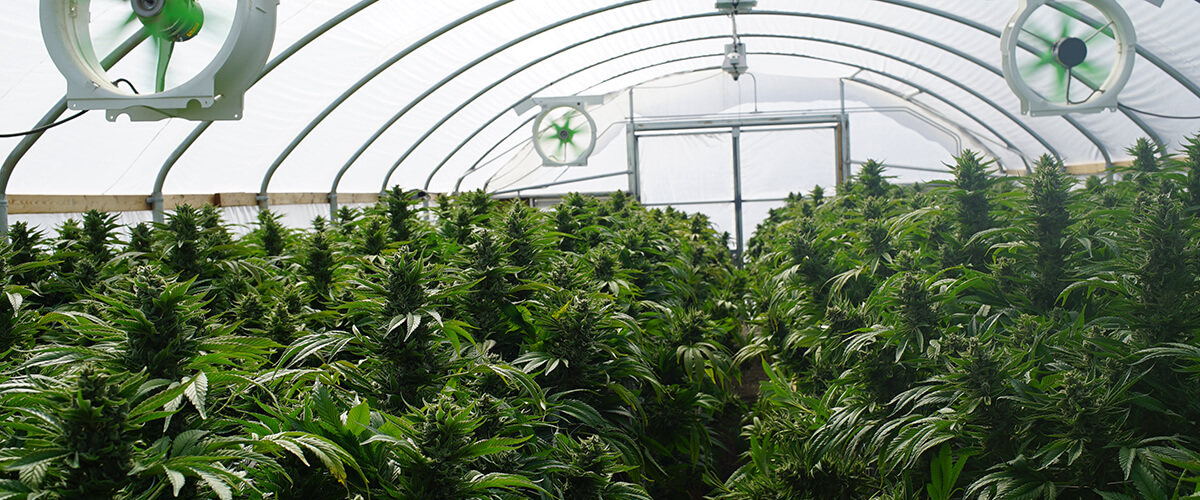The Drug Enforcement Agency has plans to not only register more cannabis growers but also increase cannabis production by more than 30% for federal research.
In a response to mounting pressure from scientists, researchers and other federal agencies, the nation’s Drug Enforcement Agency has announced it wants 3.2 million grams of marijuana grown in 2020 for federal research.
The agency released its aggregate production quotas (APQ) for 2020 on Sept. 11, revealing a significant increase in the production of cannabis. The 2020 production quota for marijuana is more than a 30% increase over the previous year, which was a proposed production amount of 2.45 million grams, and a giant leap from the 2018 proposed quota of 443,680 grams.
The proposed increase is intended to meet the needs created by requests for more marijuana research and the recent announcement by the DEA of additional cannabis growers.
“Over the last two years, the total number of individuals registered by DEA to conduct research with marijuana, marijuana extracts, derivatives and delta-9-tetrahydrocannabinol (THC) has increased by more than 40 percent, from 384 in January 2017 to 542 in January 2019,” according to the press release.
When setting the production quota, the DEA reported that it considers data from many sources. Those include:
- estimates from the Food and Drug Administration on the legitimate medical need
- estimates of retail consumption, which are based on several factors including the number of prescriptions dispensed
- DEA data from tracking controlled substance transactions
- past quota from previous years
The agency also said that after the new laws and regulations took effect, including the 2018 Farm Bill, the number of factors considered by the DEA increased.
Uttam Dhillon, DEA Acting Administrator, said in a news release that the APQ is set annually by the DEA to ensure that “patients have the medicines they need while also reducing excess production of controlled prescription drugs that can be diverted and misused.”
“DEA takes seriously its obligations to both protect the public from illicit drug trafficking and ensure adequate supplies to meet the legitimate needs of patients and researchers for these substances,” Dhillon stated.
More Cannabis, More Growers, More Research
In August, the agency announced it would register additional cannabis growers for research. The news came just days before a deadline handed down by a federal court. In July, a federal appellate court ordered the DEA to reply within 30 days to a lawsuit claiming the agency had prohibited medical cannabis research by not responding to applicants.
DEA Acting Administrator stated in a news release that the additional growers were a sign of progress and that he believed registering more growers would ultimately result in researchers having access to a wider variety for study.
The U.S. Attorney General, William P. Barr, said he was pleased to see the DEA moving forward to support federal research and pledged support from the Department of Justice to “improve research opportunities.”
DEA indicated that before they make final decisions on approving applications, the agency will propose new governing regulations on cannabis growing programs. According to DEA’s notice, the “new rules will help ensure DEA can evaluate the applications under the applicable legal standard and conform the program to relevant laws.”
In regards to the alleged research block, DEA claimed the stall was due to the size of the research applicant pool, which according to the federal register was a grand total of 33. The agency announced it had determined that adjustments to its policies and practices involving the cannabis growers’ program would be necessary to “fairly evaluate” the applicants.
Keep Up With Cannabis
To find out more about the latest developments in cannabis policy, business and scientific research, visit our news page.






